
As college students and parents demand robust COVID-19 response, university finances suffer
0 Comments
/
College enrollment has increased in every economic recession since the 1960s, as young people have difficulty finding jobs at their previous level of education. But the COVID-19 crisis has all but upended higher education’s business model, given the high susceptibility of college campuses to viral outbreaks.
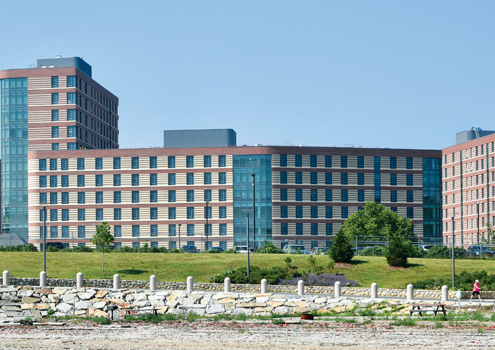
Fiscal Crisis at UMass Boston: The True Story and the Scapegoating
While the blame fell on former UMass Boston Chancellor Keith Motley, the UMass Board of Trustees and President bear the bulk of the responsibility for the recent budget crisis at UMass Boston due to a lack of oversight of the campus’s capital expenditures.
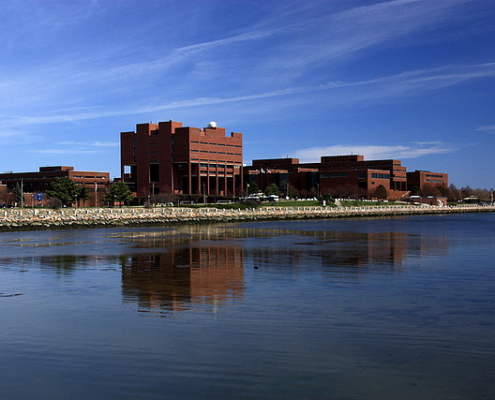
A Risky Proposal for At-Risk Private Colleges: Ten Reasons Why the Board of Higher Education Must Rethink Its Plan
The Baker administration and the Massachusetts Board of Higher Education (BHE) should slow down a fast-tracked proposal to protect students from sudden, unexpected college closings such as what occurred at Mt. Ida College, and use the time to rethink its proposal from top to bottom.
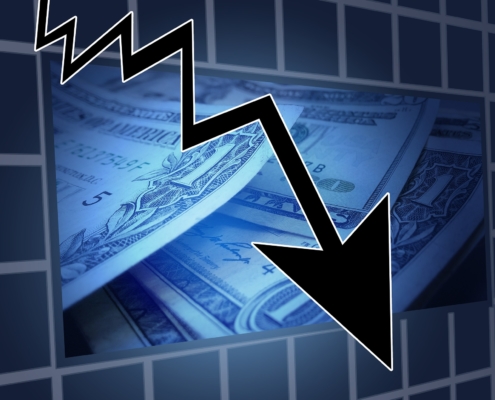
Preparing Students for a Future in Fintech
While the finance and insurance industries are changing rapidly, course requirements and skill-building opportunities at Massachusetts higher education institutions are still evolving to meet job demands, presenting an opportunity for state higher education institutions to create programs that give Massachusetts students a competitive edge in the age of fintech – diverse digital technology changes impacting banking, insurance, and other sectors of the finance industry.
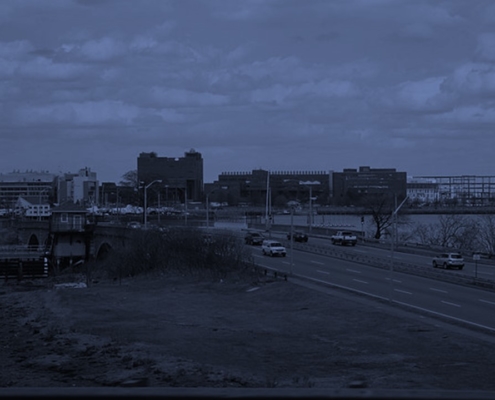
Where Do Teacher Union Dues Go? Public Higher Education in Massachusetts
Only a small share of annual union dues paid by faculty at the University of Massachusetts, state colleges and universities and community college campuses that make dues data publicly available remain with local union affiliates to cover the costs of collective bargaining and grievance procedures.
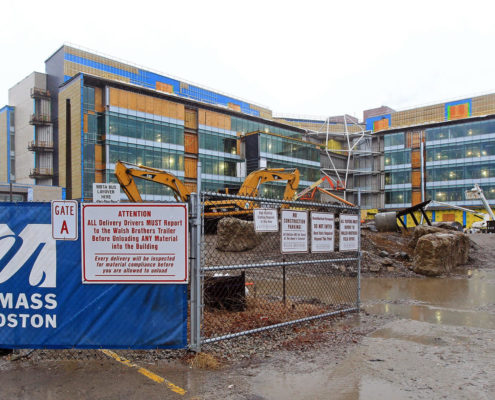
UMass Has a Spending Problem
The University of Massachusetts claims admissions policies that favor out-of-state students over in-state residents are required as a result of insufficient state funding growth, but the data tell a different story.
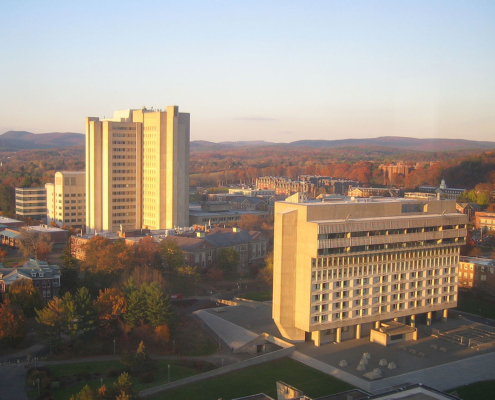
UMass At A Crossroads
This paper is the first in Pioneer Institute’s UMass at a Crossroads series. In this study, Pioneer focuses on UMass’ significant growth in two areas, academic competitiveness and student enrollment, compared to other New England state universities, MA private universities, national private universities and national public universities. Pioneer raises the question of whether the continued expansion of UMass, based largely on increased enrollment of out-of-state students, is in the best interest of the commonwealth.
